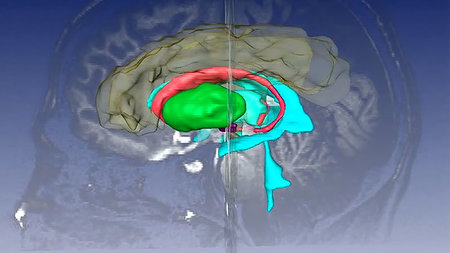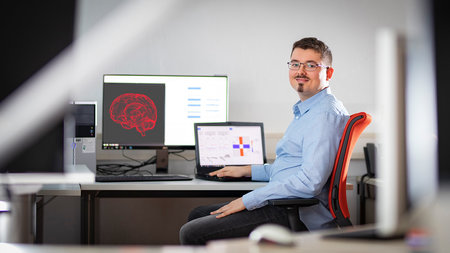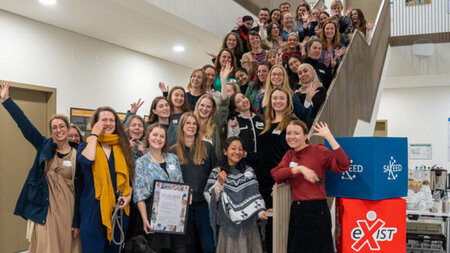Neurocomputing
| Lecture (English): | Monday, | 9:15 - 10:45 | A10.201 | (Dr. M. Teichmann) |
| Exercise (English): | Monday, | 13:45-15:15 | A11.202 | (Dr. M. Teichmann) |
| Exercise (English): | Tuesday, | 09:15-10:45 | A11.202 | (Dr. M. Teichmann) |
| Exercise (English): | Wednesday, | 15:30-17:00 | A11.202 | (Dr. M. Teichmann) |
General Information
This course replaces Machine Learning (573050).
Suggested prerequisites: Mathematics I to IV, basic knowledge in Python.
Exam: written examination (90 minutes), 5 ECTS.
Contact: michael dot teichmann at informatik dot tu-chemnitz dot de.
Language: English. The exam can be done in German.
Registration and materials: https://bildungsportal.sachsen.de/opal/auth/RepositoryEntry/21637267460
Content
The course will introduce a variety of methods using neural networks to learn to solve useful problems. The course covers the deep learning area, starting from an introduction to machine learning and old-school neural networks up to current research trends.
The different algorithms presented during the lectures will be studied in more details during the exercises, through implementations in Python (tensorflow, keras).
The plan of the course is:
- Linear algorithms (regression, classification)
- Neural Networks (MLP, regularization)
- Deep Learning (CNN, Autoencoder, GAN)
- Recurrent neural networks (LSTM, attention)
- Transformers
Literature
- Deep Learning: Foundations and Concepts, Christopher M. Bishop & Hugh Bishop, Springer Cham.
- Deep Learning, Ian Goodfellow, Yoshua Bengio & Aaron Courville, MIT press.
- Neural networks and learning machines, Simon Haykin, Pearson International Edition.
FAQ
- I do not have Neurocomputing in my study program, can I take it anyway?
If you have Machine Learning (573050) in your program, you can take Neurocomputing instead.





